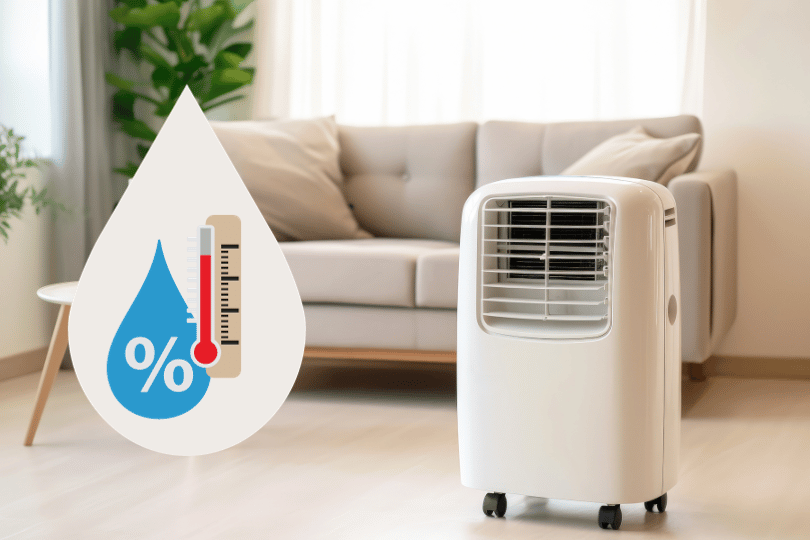
Air coolers, also known as evaporative coolers, are a popular choice for cooling homes in hot, dry climates. They work by evaporating water into the air, which cools the surrounding environment. However, if you’re living in a humid climate, you might find that an air cooler is not as effective. Let’s explore why.
Science behind air coolers
Air coolers operate on the principle of evaporative cooling. They draw in hot, dry air, pass it over water-soaked pads, and then blow out the cooled air. This process relies on the natural phenomenon of evaporation, where heat is absorbed from the environment to change water into vapor, thereby cooling the air.
Challenge with humidity
In humid conditions, the air is already saturated with moisture. This saturation significantly reduces the rate of evaporation, making the cooling effect of an air cooler less efficient. Here’s why:
- Reduced Cooling: The high moisture content in the air impedes the evaporation process, reducing the cooling effect of the air cooler.
- Discomfort: High humidity can make the air feel sticky and uncomfortable. An air cooler, which adds more moisture to the air, can exacerbate this discomfort.
- Inefficiency: Air coolers consume more water and energy in humid conditions to achieve the same level of cooling as in dry conditions.
Alternatives to Air coolers
If you live in a humid climate, you might want to consider alternatives to air coolers. Air conditioners, for instance, work well in humid conditions as they cool the air by removing moisture, making the environment more comfortable.
While air coolers are an energy-efficient and eco-friendly cooling solution, they might not be the best choice for everyone. If you live in a humid climate, understanding how air coolers work can help you make an informed decision about the best cooling solution for your home. Remember, the key to a comfortable home is not just about cooling the air, but also about managing humidity levels.

















Leave a Reply